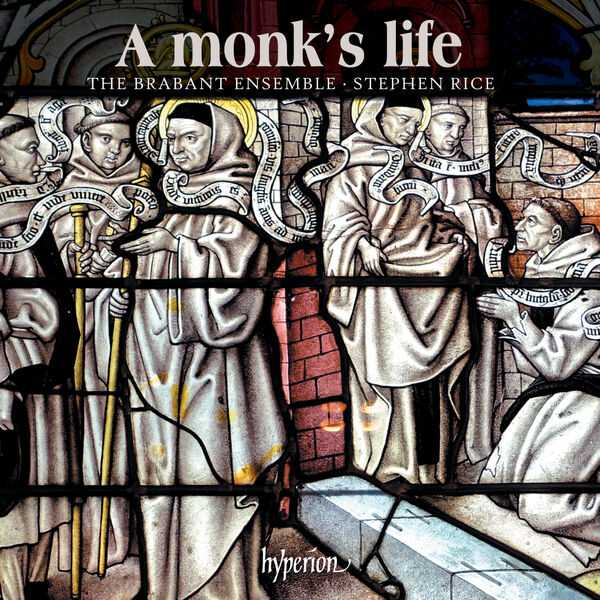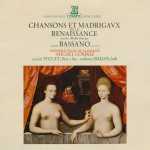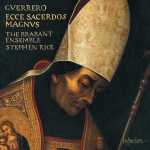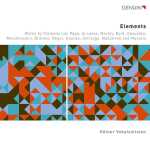

Composer: Blasius Ammon, Jacob Clemens non papa, Christian Erbach, Orlando di Lassus, Johannes Nucius, Jacobus Regnart, Cipriano de Rore
Performer: Brabant Ensemble
Conductor: Stephen Rice
Format: FLAC (tracks)
Label: Hyperion
Catalogue: CDA68447
Release: 2024
Size: 2.62 GB
Recovery: +3%
Scan: yes
Lassus: Sponsa Dei
01. I. Sponsa Dei
02. II. Hic te collaudat
03. Klingenstein: De vita religiosa
04. Erbach: Deus in adiutorium
Andreae: Magnificat super Si ignoras te
05. I. Magnificat anima mea – Et exsultavit
06. II. Quia respexit – Quia fecit
07. III. Et misericordia eius – Fecit potentiam
08. IV. Deposuit potentes – Esurientes implevit
09. V. Suscepit Israel – Sicut locutus est
10. VI. Gloria Patri – Sicut erat in principio
11. Rore: Agimus tibi gratias
12. Gastoldi: Wer wollt den Wein nit lieben?
Ammon: Sacrificate sacrificium iustitiae
13. I. Sacrificate sacrificium iustitiae
14. II. Immola Deo
Lassus: Missa super Veni in hortum meum
15. I. Kyrie
16. II. Gloria in excelsis Deo
17. III. Qui tollis peccata mundi, miserere
18. Regnart: Os iusti
Lassus: Missa super Veni in hortum meum
19. IV. Credo in unum Deum
20. V. Et incarnatus est
21. VI. Sanctus
22. VII. Benedictus
23. VIII. Osanna
24. IX. Agnus Dei
25. Reiner: Veni Creator Spiritus
Nucius: Vana salus hominis
26. I. Vana salus hominis / Dominus mihi adiutor
27. II. Nil igitur / Dominus mihi adiutor
28. Clemens: In te Domine speravi
29. Lassus: Quis rutilat Triadis?
30. Ertel: Aeterno laudanda choro
As the monasteries of the German-speaking countries emerged from the ravages of the Reformation, they found themselves in quite a different religious landscape.
Gone were the days of absentee abbots who preferred hunting to chanting, or illiterate monks who feasted rather than fasted. In the wake of the Council of Trent, monks and nuns, friars and sisters, were expected to contribute to the religious regeneration of the Catholic Church, and to fnd a new sense of purpose for their cloistered existence. Music played an important part in this project, both as a tool of monastic discipline and as a source of spiritual joy. In a healthy religious institution the daily round of prayers, the Liturgy of the Hours, was sung diligently and devoutly with the correct melodies. Monks brushed up their skills in writing chant books, nuns introduced the Roman breviary, and novice masters and mistresses spent hours teaching the boys and girls Latin and singing. Towards the end of the sixteenth century many religious orders, especially the Benedictines and Augustinians, embraced polyphonic music for the celebration of solemn feasts, with singing, organ playing and even instruments. Masses, motets and Magnifcats by renowned contemporary composersand a good number of talented monks as wellnot only adorned the sacred spaces for the greater glory of God, but also reached out to the people beyond the cloister. Music was intertwined with the monastic existence, and this album, entitled A monk’s life, charts the life cycle of a monk through the music he might have heard, sung or composed.



